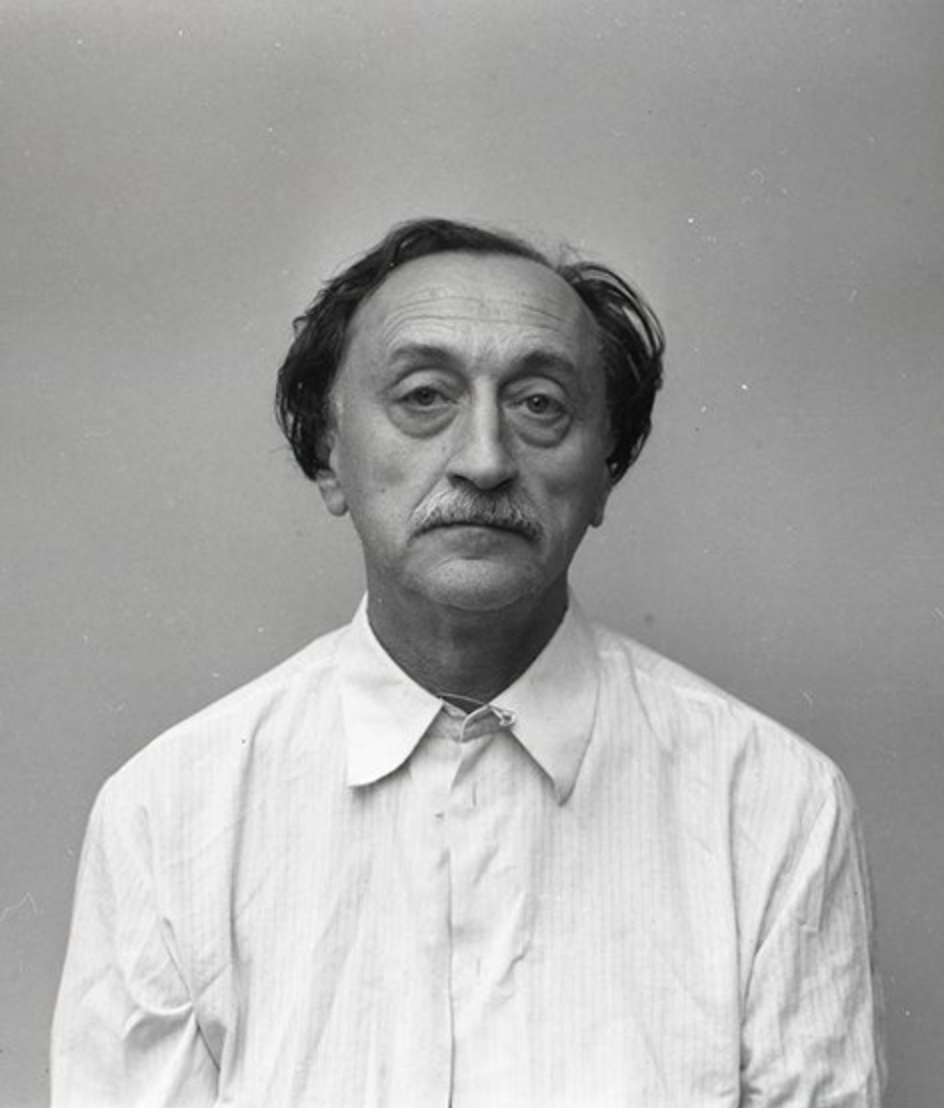Boris Mikhailov
About Boris Mikhailov
Boris Mikhailov (UA, 1938) is one of the prominent figures of the Kharkiv School of Photography and a leading master of contemporary photography. A self-taught photographer, he initially trained as an electromechanical engineer. Early in his career, he was given a camera to document the state factory where he worked. Notably, he used it to photograph his nude wife, and when the development was discovered by KGB agents in the factory's lab, he was dismissed.
Today, he is regarded as one of the most important figures in the international art scene. He lives between Berlin and Kharkiv.
Photographic approach of Boris Mikhailov
His vision is notably characterized by the subjective manipulation of photographic images, particularly through the overlay method he employed in his series "Yesterday’s Sandwich" in the late 1960s to 1970s.
One of Boris Mikhailov's most iconic projects is "Red" (1968-1975), depicting scenes of everyday life predominantly using the color red. This color represents the October Revolution, political parties, and the social system of Soviet society.
His work is seen as a historical document, displaying a marked critique of the current political situation in Russia. He explores the individual's position within the historical mechanisms of public ideology. Thus, his work is rooted in a context that incorporates both engaged and personal narratives.
Exhibitions and Awards
His photographs have been exhibited in major international museums, including the TATE Modern and The Photographer’s Gallery in London, Fotomuseum Winterthur, C/O Berlin, MoMA in New York, Rat Hole Gallery in Tokyo and at Hangar in Brussels.
Additionally, he has received numerous prestigious awards, such as the Hasselblad Foundation Award (2000), the Citibank Private Bank Photography Prize (now the Deutsche Börse Photography Foundation Award) in 2001, and the Goslar Kaiserring Prize (2015).
He was part of Generations of Resilience (2024) at Hangar.
Art Book Publications by Boris Mikhailov
Boris Mikhailov's projects are not only exhibited but also come to light in the form of books. Among his notable publications is "Case History: Homeless People in Ukraine" (1999), which documents the consequences of the Soviet collapse on people dependent on social services and their inability to integrate into the new capitalist society. Other publications include "I am not" (2015) and "From ‘Blaue horse’ till now days" (1965-2022) released on the occasion of the major retrospective at MEP Paris.
Furthermore, his work has been published in exhibition catalogs, such as the Suzanne Tarasieve Gallery catalog during the Paris Photo 2016 fair. He has also been the central subject of research works such as dissertations and essays, like "The photograph as contemporary art" (2004) by curator Charlotte Cotton.

